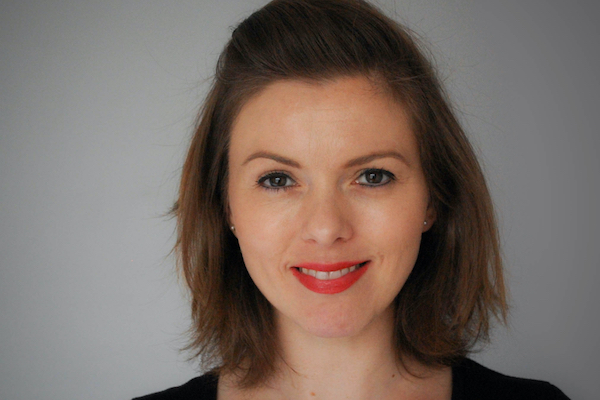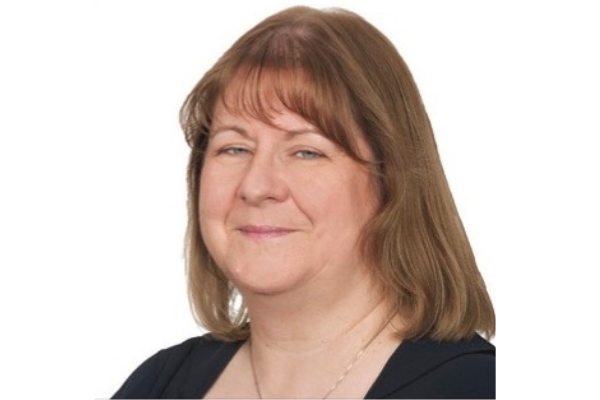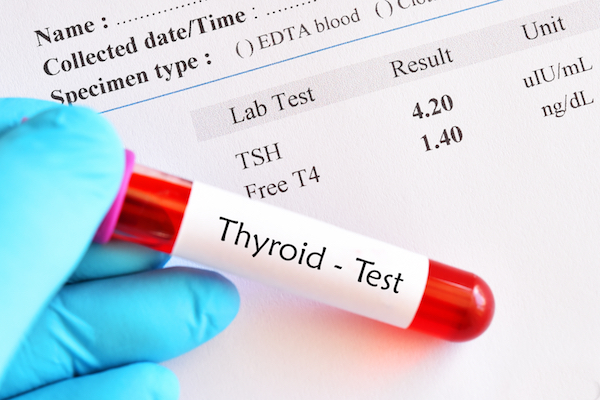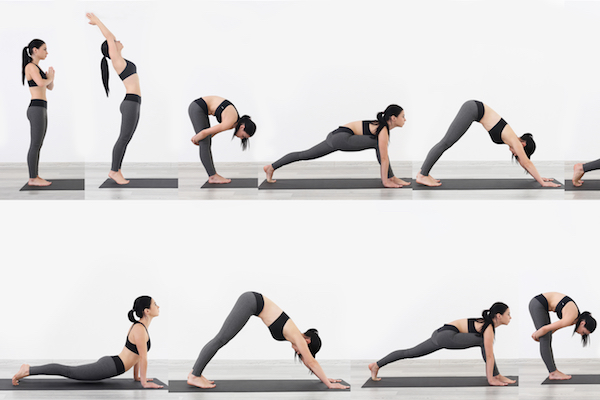
It was through a period of dramatic personal transformation that I deeply learnt the foundations of transformation and the tools that make this a more comfortable and manageable process. The four fundamental areas that empower change, which I will introduce here, along with some low or zero cost tools for each one are, personal mindset, what we consume, active use of mind and body, and intentional rest of mind and body.
#1 PERSONAL MINDSET
The most fundamental tool for transformation is your Mindset. Working with a coach is a powerful way to quickly develop a strong, positive mindset and to hold yourself accountable. That said if you are not able to employ a coach there are some key mindset tips you can utilise to propel yourself forward. The four key aspects of mindset that in my experience need to be in place for successful transformation are: What, Why, Cultivating an Open Mind, and Removing Comparisons.
WHAT (YOUR GOAL)
Be as clear and specific as possible on what you want to achieve. Vague goals are harder to reach since you can’t really determine when or if it has been achieved. Having a clear written statement of your goal will help you make decisions, if an action will not help you with your goal you either drop it or postpone it until later. Setting yourself a timeframe with some specific steps to be taken toward completion will help you hold yourself accountable and stay on track.
WHY
Knowing why you are making change is important when times are tough and you need reminding why you are even doing this; your ‘why’ needs to give you the tenacity and resilience to stick at it. Our emotional responses are far stronger than material desire. Therefore, take time to understand how you will feel when you attain your goal. Close your eyes and visualise, create a mood, or write a journal imagining your goal is already achieved – how do you feel? Hold that feeling dear and come back to it whenever you need an extra push to keep going.
OPEN MIND
With our ‘what’ and ‘why’ in place we step into the world of what is available to us as support and the world is overflowing with options. Consider your goal and research what could be appropriate for you. Approach this with an open mind; try new things, not all will work for you, embrace what may seem ‘weird’, because if it works who cares if it is weird, right? Transformation is not about right or wrong it is about what is right for you. I wanted to increase my confidence in public speaking, but no courses inspired me, so I took up singing lessons instead – far more enjoyable, mildly terrifying as well yet lifted my confidence in presenting.
REMOVE COMPARISONS
Transformation is personal, your likes, your commitments, your timeframe. It is really important not to compare your progress with others. Trying to force your experience to be as someone else’s will make the process uncomfortable if not unbearable. In this instance, just focus on you.
Mindset has to be the starting point for any transformation as it is our mindset that keeps us on track for what we seek to attain. If we tell ourselves ‘you can’t do this’ or ‘you don’t deserve this’, you won’t attain it. So, before you jump into action check in with yourself, what exactly do you want to achieve, why do you want it and how you will feel when you reach that goal. Then get curious and explore the world of opportunities available to help you and do not compare yourself, nor be hindered by what others are doing. This is your journey.
#2 WHAT WE CONSUME
What we consume is far more reaching than simply our diet, what we consume also includes what we put on to our bodies and what we watch, listen to and read.
DIET:
Hippocrates said, ‘let food be thy medicine’, and scientific research is consistently backing him up. Will Bulsiewicz, MD MSCI, notes that 70- 80% of our immune system is found in our guts. In making food choices we’re making choices about immunity, sleep, weight, and overall health, thereby making choices about our functionality, emotions, and ability to perform. Diet is a huge area of discussion, within which, my core advice taken from research and my experience is: eat as wide an array of plants as possible to boost your guts microbiome, minimise or ideally cut out of your day to day diet any processed foods and refined sugars, minimising all sugars. Please note the use of ‘day to day diet’, believe me, I still eat cake! I advocate for us meat-eaters to eat less but spend more; smaller local farmers tend to have higher standards of animal husbandry, so buying less meat to allow you to buy better quality local meat I believe is more ethical and more healthy.
READ, LISTEN, WATCH
Have you ever stopped to notice how scrolling through your social media makes you feel, or what thoughts or emotions are triggered by music or films? What we watch, read, or listen to is consumption of the mind. You need to take time to truly acknowledge how something makes you feel. If you are comparing yourself to someone on Instagram and it generates negative self-talk, it weakens the positive mindset needed for change. If something makes you feel bad, minimise, or remove that content either temporarily or permanently.
WHAT WE PUT ON OUR BODY
Our skin absorbs the products we put onto it. This can be great in the case of having a Magnesium salt bath before bed, but many products contain chemicals or allergens that are not so good for your system. Especially if your transformation involves getting your body functioning better, you need to look at what you are consuming through your skin and hair. You do not need to chuck all your products in the bin, simply become conscious of and begin to build knowledge around what you use, do some research and try some new things.
What we consume through our digestive system, minds, hair, and skin all have a direct impact on our wellbeing, which directly impacts the positive mindset and energy needed to create transformation. Keeping a log or journal is a useful way of becoming aware of your consumption in all its forms to help you create change. It can be bullet points or full diary entries, it can be daily or simply a log of activity of the days ahead of whenever you notice a specific symptom you want to remove. Over time you can spot patterns between symptom and consumption, and this can be used as a basic form of self-coaching yourself to a more positive path.
#3 ACTIVE USE OF MIND AND BODY
Keeping the mind and body active aids optimal performance, it allows us to have the energy and capability to achieve our goals, it provides the exertion that encourages sleep at night, which in turn energises us for the next day. As you might see, each of these four foundational areas link into each other; transformation is holistic. Thankfully as mentioned earlier, we are abundant in options and as this is your life, your transformation, find the activity that inspires you to keep at it and importantly find one, or more, that makes you happy.
ACTIVE USE OF THE MIND
From apps for mental agility to learning a new language or skill, books on history, the joy of such variety is that there is something out there that’s right for you. Think about what you enjoy, or even better, what you enjoyed as a child because often that same thing will evoke joy now. If something feels boring or like a chore, drop it. Find something that capture’s you and don’t be afraid to think laterally. We all learn differently so find a method that engages you - reading books, listening to podcasts or ted talks, doing games on interactive apps, or online and in-person learning courses. It is worth noting that as an adult not all your learning needs to be about work or self-development, keeping your mind active on something purely because it is something you enjoy is equally as valid.
ACTIVE USE OF THE BODY
Your goal does not need to be about weight or fitness for movement to remain a vital aspect of transformation. Movement of the body helps keep all aspects of our being firing on all cylinders. Movement is for a transformational journey as wheels to a car, you can move forward without it, but it will be less comfortable and harder work. Importantly, choose what you enjoy; open your mind, research widely, then try different activities until you find the one that keeps you coming back for more. Even whilst gyms and classes are closed there is plenty of variety online from martial arts to ballet and plenty are low cost or free and easy to complete within your own home. My strongest recommendation, however, is to get active in the great outdoors. Being amongst nature is proven to be highly restorative for humans, as we are ultimately a part of that natural world. Taking time to walk, bike, or run in nature is not only great exercise for your health but it is free.
The human mind and body are designed to be active. Modern life has made most of us more sedentary, especially in the body than is ideal, even for our minds many tasks are taken over by the computer, so it is important to intentionally build in challenge, even if only gentle challenge for our body and mind to keep them functioning at their best. This is important for all transformational work because any transformation is driven by you, your mind and your body
#4 INTENTIONAL REST OF BODY AND MIND
Resting the body and mind is of equal if not greater importance as any activity. This is because it is in rest where the vital work of building and repairing muscle and tissues takes place, it is when learning is embedded in our mind so that we can effectively re-use it. Without rest, all benefits of our activity may be lost.
YOGA, MEDITATION AND BREATHWORK
Yoga in the west is often used as exercise yet in its traditional form it offers many tools for relaxation – the postures or asanas, meditation, and breathing all aid relaxation of body and mind. Restorative, Gentle Hatha, Yoga Nidra, and Yin are all forms of Yoga suited to relaxation. If I could offer one tip for relaxation it would be to extend your exhale. Focus on your breath and make the exhale a little longer than the inhale, this signals to your nervous system that it is okay to relax and this can be done anywhere at zero cost. Turn this into a simple meditation by counting the breath – count each breath from one up to ten, when you reach ten, come back to one and repeat, do so as many times as you wish. If you lose your place simply come back to one and start again. A common misconception is that meditation is about having no thoughts. That is not true. You practice meditation to help you take control of your mind, so you can prevent yourself from being pulled into long chains of stress-inducing thoughts when what you need is to relax.
SLEEP
It is in sleep where our body is known to restore and heal itself and it is where we process the many 1000’s of pieces of information we have been exposed to during the day. I highly recommend ‘Why we sleep’ by Matthew Walker for additional and eye-opening information around sleep. The vast majority of us should consistently be seeking 7-9 hours a night to give our brain and body time to replenish and wake us up refreshed. Setting a solid sleep ritual or routine will aid good sleep. A key trick is going to bed and waking up at the same time every day. You can create a pre-sleep routine to act as a trigger for the mind that sleep is coming and to prepare for it; this could be taking a warm shower before bed, avoiding technology after 8 pm or having a specific non-caffeinated drink before bed – I encourage you to take time to create and enjoy what works for you.
YOU TIME
Whether it’s running a warm bath, with a glass of something and reading a book, having a call with a trusted friend, sitting in a quiet corner with a cup of tea, listening to acoustic music or sitting in a meadow, get in touch with what lifts the weight off your shoulders, what makes you release a sigh and feel any tension slip away. Even it’s only 10 minutes a day, try and find time for yourself.
We live in a world where action is praised and inactivity is frowned upon, yet health and performance are derived from a balance of the two. ‘Me time’ has become a bit cliché but it truly is important to make time for yourself. You will find that your determination, endurance, resilience, and creativity will all lift if you are well-rested. When rested you increase emotional intelligence and balance which benefits interpersonal relationships, which will serve you positively in work and your personal life, creating a stronger network of people willing to support you in your transformation.





